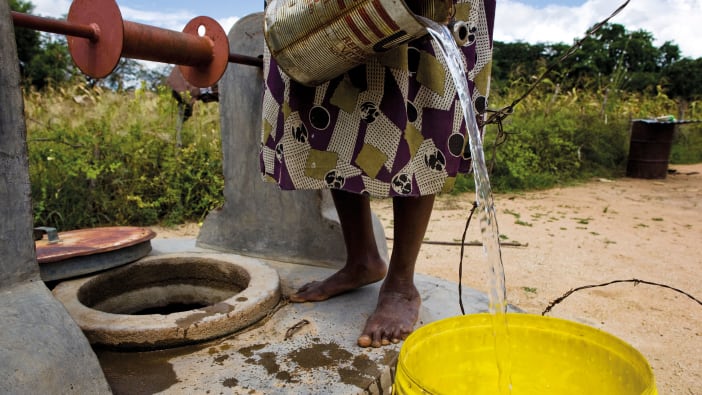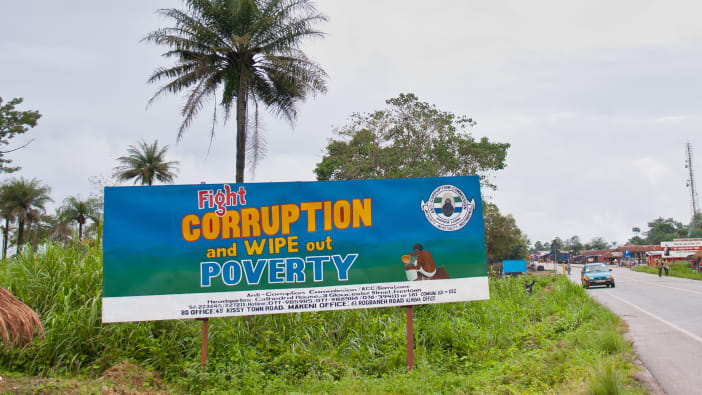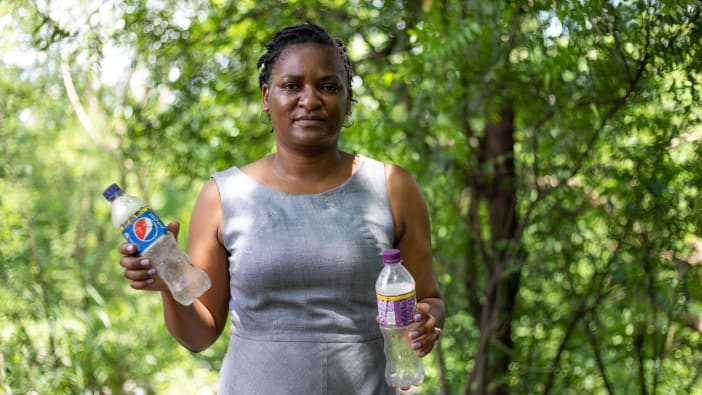This document outlined ZHOCD’s vision for the core issues the nation was facing, namely: shared national values, economic development, constitutionalism, and political tolerance. The document also outlines the dreams and aspirations of the church and the people of Zimbabwe. Alongside this document, ZHOCD launched The Zimbabwe We Want campaign. When ZHOCD unite on an issue, the national government often takes heed of their view. The church is deeply respected in Zimbabwe as the majority of the population are Christians. As attested to when Zimbabwe’s former president, Mugabe, attended the campaign’s launch event.
One of the key ways The Zimbabwe We Want campaign has shaped the nation is through the united churches’ responses during national elections. In 2006, Zimbabwe was still presided over by president Mugabe. However, as Mugabe aged, political dissidents became louder. This led to a crackdown on political discourse in Zimbabwe and the country was deeply divided. However, in 2008, Zimbabwe held a national election. This election was highly contested, yet amongst this national political division, ZHOCD stood united. Guided by the vision of The Zimbabwe We Want campaign, ZHOCD played a significant role in forming the Global Political Agreement, which was a power share amongst Zimbabwe’s political parties after the election. This helped to stabilise the divided nation and political system.
In a later national election in 2018, ZHOCD played a significant role again. Ahead of the 2018 election, ZHOCD formed a prayer register. Although there were concerns about the new biometric voter registration system, ZHOCD united in mobilising their churches to uphold their civic duty of voting. Incredibly, there was an 85% voter turnout for the 2018 election, with far more women and youth engaged in this democratic process than the years before. Unfortunately, the results of the elections were contested, and some citizens, unhappy with the results, protested the outcome. Their protests quickly became violent, and seven unarmed civilians were sadly killed by government soldiers. As this was happening, ZHOCD played a peacekeeping role, trying to reconcile the different factions. They also denounced the violence and made this very clear when they met with key government officials. The new president, Mnangagwa, then invited the failed election candidates into a discussion space called Political Actors Dialogue (POLAD). The church supported this space’s creation. As a result, there were a lot of bilateral efforts on a variety of issues, supported by ZHOCD.
While The Zimbabwe We Want campaign’s relationship with the government hasn’t been without its challenges, ZHOCD is looking to grow the campaign to engage local communities and churches in discussions of policy issues and bridge these local views with national policymakers. The campaign is also keen to maintain its engagement with Zimbabwe’s government outside of election periods.








